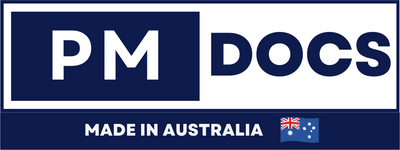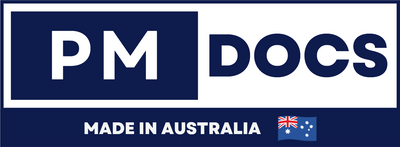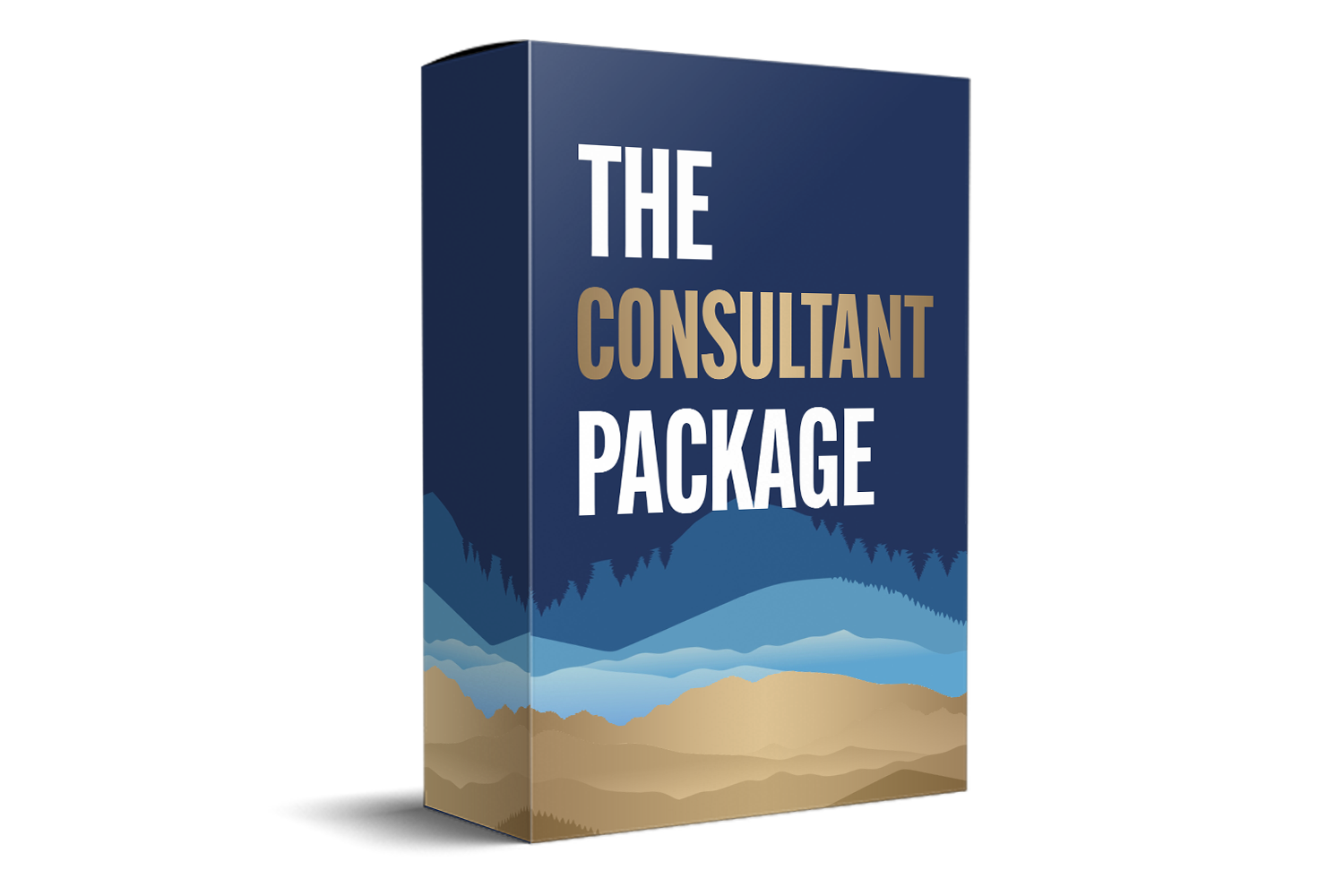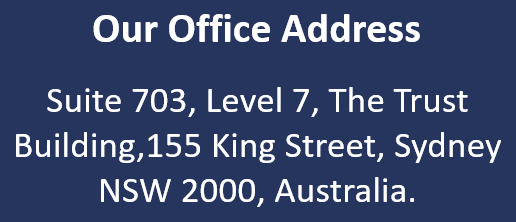SOC 2 vs ISO 27001 In Australia: Key Differences And Which One You Need
Introduction
In today's digital age, cybersecurity and data protection have become critical for businesses across the globe. Australian businesses are no exception, and they must ensure that they are compliant with recognized standards to protect their data and maintain trust with their customers. Two of the most prominent frameworks are SOC 2 and ISO 27001. But which is better for Australian businesses? Understanding these standards, their applications, and how they fit into the Australian business landscape is crucial for making an informed decision.

Understanding SOC 2 And ISO 27001
Before diving into which is better, it's essential to understand what SOC 2 and ISO 27001 are. These frameworks provide structured methodologies for safeguarding information, but they cater to different needs and organizational focuses.
1. What is SOC 2?
SOC 2, or System and Organization Controls 2, is a framework developed by the American Institute of CPAs (AICPA). It focuses on how companies manage customer data based on five "trust service principles": security, availability, processing integrity, confidentiality, and privacy. SOC 2 is generally used by technology and cloud computing companies that handle sensitive information. This framework is particularly beneficial for organizations that need to demonstrate their dedication to protecting customer data through a clear set of criteria related to their operational processes and controls.
The SOC 2 report is unique because it is tailored to each organization’s specific operations, offering flexibility and focus on areas most relevant to the business. This adaptability makes it appealing to companies that emphasize cloud solutions or provide services directly affecting customer data security. For Australian tech companies, adopting SOC 2 can enhance their reputation in a marketplace increasingly concerned with data privacy and security.
2. What is ISO 27001?
ISO 27001 is an international standard for information security management systems (ISMS). It provides a systematic approach to managing sensitive company information so that it remains secure. It encompasses people, processes, and IT systems by applying a risk management process. ISO 27001 is recognized globally and is applicable to businesses of all sizes and industries. It’s particularly advantageous for organizations aiming to maintain a high level of security and compliance across multiple jurisdictions.
ISO 27001 involves a structured framework that requires businesses to identify potential risks, implement controls to manage or mitigate those risks, and continually improve their ISMS. This comprehensive nature allows businesses to cover all facets of information security, ensuring that they not only protect data but also manage it effectively. For Australian companies with a global footprint, ISO 27001 can offer the credibility and assurance needed to engage with international partners and clients confidently.
Key Differences Between SOC 2 And ISO 27001
While both frameworks aim to enhance data security, they have distinct differences. Understanding these differences is vital for Australian businesses to choose the right fit for their operations and strategic goals.
1. Scope and Applicability
-
SOC 2: Primarily used in the United States, SOC 2 is designed for service providers storing customer data in the cloud to ensure data security and privacy. It's more applicable to tech companies. This framework is particularly relevant for organizations that operate within sectors where maintaining stringent customer data protection standards is a priority. The SOC 2 framework's adaptability allows businesses to tailor compliance to specific operational needs, making it ideal for companies focusing heavily on cloud-based services.
-
ISO 27001: As an international standard, ISO 27001 is globally recognized and can be applied to any organization that wishes to improve its information security management. Its broad applicability makes it suitable for a wide range of industries, from finance to healthcare. The global recognition of ISO 27001 can be a significant advantage for Australian businesses looking to expand internationally, as it signals a commitment to upholding high standards of data security across borders.
2. Certification and Compliance
-
SOC 2 Compliance: SOC 2 is not a certification but an attestation. Organizations undergo an audit by a certified public accountant (CPA) to verify that they comply with SOC 2 standards. This process involves an evaluation of an organization's systems and processes over a specified period, providing a snapshot of their adherence to the trust service principles. While it does not result in a formal certification, the attestation can still demonstrate a strong commitment to data protection.
-
ISO 27001 Certification: ISO 27001 requires formal certification by an accredited body, which involves a rigorous audit process to verify that an organization's ISMS complies with the standard. This certification process is comprehensive, often involving multiple stages, including initial assessments, audits, and ongoing monitoring. The formal certification can serve as a powerful testament to a company's dedication to maintaining an optimal level of information security.
3. Focus Areas
-
SOC 2: Focuses on how data is managed and protected, specifically through the lens of the five trust service principles. This framework's emphasis on operational effectiveness and customer data management makes it suitable for businesses that prioritize direct customer interactions and data handling. The customizable nature of SOC 2 allows businesses to align their compliance efforts with specific customer expectations and industry requirements.
-
ISO 27001: Provides a comprehensive framework that covers all aspects of information security management, including setting up an ISMS, risk management, and continuous improvement. This all-encompassing approach ensures that businesses are not only addressing immediate security concerns but also proactively managing potential future risks. The focus on continuous improvement encourages organizations to regularly update and refine their security measures, maintaining a dynamic and responsive security posture.
Pros And Cons Of SOC 2 For Australian Businesses
Understanding the advantages and challenges of SOC 2 can help Australian businesses determine if this framework aligns with their strategic objectives and operational needs.
Pros
-
Trust and Assurance: SOC 2 provides assurance to customers that their data is handled securely, enhancing trust. This can be particularly important in sectors where customer confidence is paramount, such as finance and healthcare. The framework's focus on trust service principles helps businesses build a reputation for reliability and security, which can be a competitive advantage.
-
Focus on Cloud Security: Ideal for companies that primarily operate in the cloud, which is increasingly common in Australia. As more businesses transition to cloud-based solutions, the ability to demonstrate a commitment to cloud security becomes increasingly important. SOC 2's focus on cloud environments ensures that businesses are well-equipped to handle the unique challenges of cloud data management.
-
Flexibility: Allows organizations to choose which trust service principles are relevant to their operations. This adaptability enables businesses to tailor their compliance efforts to meet specific operational needs, allowing them to focus on the most critical areas of data protection. This flexibility can be particularly beneficial for startups and smaller companies that need to balance compliance with limited resources.
Cons
-
Limited Recognition: SOC 2 is primarily a U.S.-based standard, which might not hold the same weight in international markets. For Australian businesses looking to expand globally, this can be a significant drawback. The lack of international recognition can limit the perceived value of SOC 2 compliance outside of North America.
-
No Certification: SOC 2 provides an attestation rather than a certification, which may be less persuasive for some customers. The absence of a formal certification can be a challenge when competing against companies with ISO 27001 certification, as customers might perceive it as a less rigorous commitment to data security.
Pros And Cons Of ISO 27001 For Australian Businesses
ISO 27001 offers a different set of benefits and challenges, making it essential for Australian businesses to weigh these factors against their specific needs and goals.
Pros
-
Global Recognition: ISO 27001 is an internationally recognized standard, which is beneficial for businesses operating globally. This global recognition can enhance a company's credibility and open doors to international markets. For Australian companies looking to expand their reach, ISO 27001 certification can be a significant asset.
-
Comprehensive Approach: Covers all aspects of information security, making it applicable to a wide range of industries. This comprehensive nature ensures that businesses are equipped to handle a diverse array of security challenges, from regulatory compliance to operational risk management. The all-encompassing approach of ISO 27001 provides a solid foundation for building a robust information security management system.
-
Certification: Provides a formal certification, which can be a strong selling point to customers. The certification process demonstrates a business's commitment to maintaining high standards of data security, which can enhance customer trust and loyalty. This formal recognition can also serve as a competitive advantage in industries where security standards are a critical consideration.
Cons
-
Resource Intensive: Implementing ISO 27001 can be resource-intensive, requiring significant time and effort. The comprehensive nature of the standard means that businesses must invest in training, system upgrades, and ongoing monitoring. This can be a considerable burden for smaller organizations with limited resources.
-
Complexity: The comprehensive nature of ISO 27001 can be overwhelming for smaller organizations. The standard's detailed requirements and rigorous processes may require significant adjustments to existing operations, posing challenges for businesses with limited experience in formal security management systems. This complexity can be a barrier to entry for companies with limited technical expertise or resources.
Which Is Better For Australian Businesses?
Choosing between SOC 2 and ISO 27001 depends on various factors, including the nature of the business, customer requirements, and the markets served. Each framework offers unique benefits and challenges, and the right choice will depend on a company's specific circumstances and objectives.
Considerations for Australian Businesses
-
Industry Needs: Technology and cloud service providers may benefit more from SOC 2, while organizations with broader information security needs might prefer ISO 27001. Companies should consider the nature of their operations and the specific data protection needs of their industry when deciding between these frameworks.
-
International Operations: Businesses operating internationally may lean towards ISO 27001 due to its global recognition. The international acceptance of ISO 27001 can facilitate cross-border partnerships and enhance the company's reputation on a global scale. For businesses with aspirations of global expansion, this can be a decisive factor.
-
Customer Demands: Consider the expectations and requirements of your customers. Some may prefer the assurance of ISO 27001 certification, while others might be satisfied with SOC 2 compliance. Understanding customer preferences and industry standards can guide businesses in choosing the framework that aligns with their market positioning and customer expectations.
Final Thoughts
Both SOC 2 and ISO 27001 offer valuable frameworks for protecting sensitive information. The choice between them should align with your business's specific needs, goals, and customer expectations. Whichever you choose, prioritizing information security is crucial in today's digital landscape, especially for Australian businesses striving to maintain trust and integrity in the market. By understanding the nuances of SOC 2 and ISO 27001, Australian businesses can make informed decisions to enhance their cybersecurity posture and demonstrate their commitment to data protection. The decision should be made with a clear understanding of the organization's strategic direction, industry requirements, and customer priorities.




